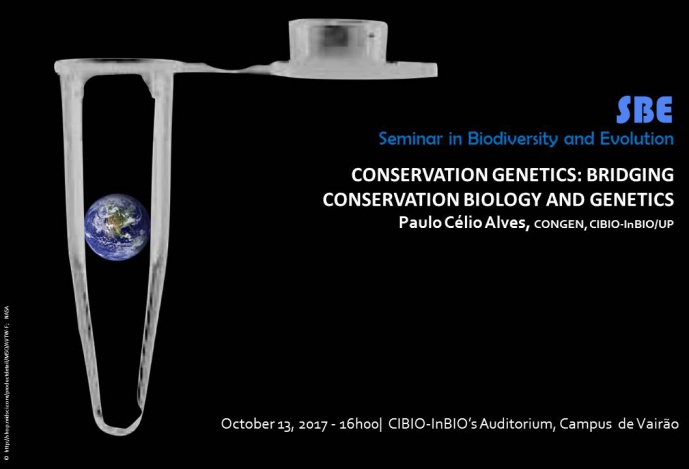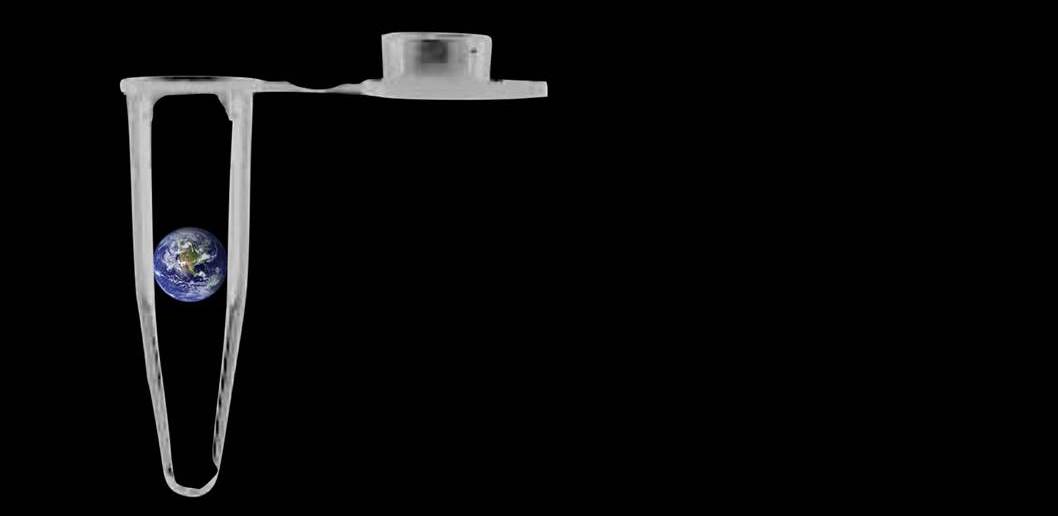CONSERVATION GENETICS: BRIDGING CONSERVATION BIOLOGY AND GENETICS


In this talk, Paulo will discuss the challenges of conservation genetics in the frame of the new molecular technologies and the difficulties of merging two scientific fields: ecology and genetics. While the capability in retrieving genomic data is increasing and the incorporation of evolutionary process in conservation is commonly accepted, the application of genetics as a tool for conservation practice remain challenging and largely confined to academic research in ecology and evolution. This generates a gap between basic research and applicable solutions for conservation managers. However, genetic non-invasive sampling (gNIS) enables assessing natural populations without handling or disturbing individuals, and thus its application in wildlife management and conservation is expanding, especially for monitoring rare or elusive species, but also other species, including small-mammals and lagomorphs.
Paulo Célio Alves is Associate Professor at the Department of Biology Faculty of Sciences, University of Porto, Affiliate Professor at the Wildlife Biology Program University of Montana, and senior researcher at CIBIO-InBIO/UP, Centre in Biodiversity and Genetic Resources, where he heads the Conservation Genetics and Wildlife Management group. His main current research field is conservation biology and evolution of mammals species, in particular lagomorphs (rabbits and hares), small mammals, and carnivores. His recent research projects focus on developing and using non-invasive molecular methods for studying rare or elusive animals, and studying population dynamics and ecology of managed and threatened species. Associate editor of the European Journal of Wildlife Research, Member of the Lagomorph Specialist Group from UICN and president of the WLS - World Lagomorph Society.
Image credits: http://shop.midsci.com/productdetail/M50/AVTW-F; NASA